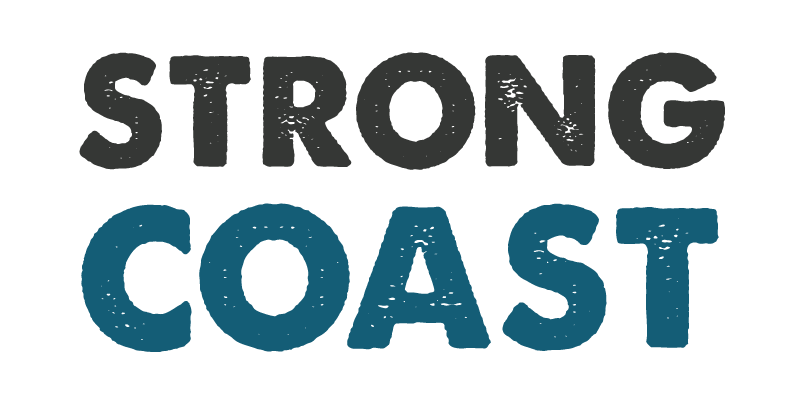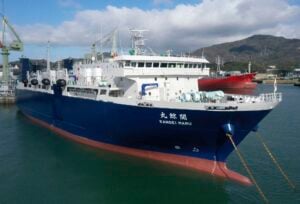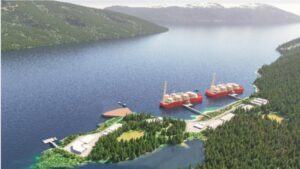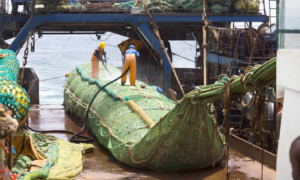
BC trawlers caught and discarded over 28,000 salmon in the 2022-2023 season, almost 93% (26,000) of them being Chinook salmon. This number for Chinook is triple that of the previous 14-year average and higher than any number reported since 2008. Chinook salmon are a species of concern and a primary food source for endangered Southern Resident killer whales.
These findings come from a pre-published report by Fisheries and Oceans Canada (DFO), which conducted a new enhanced monitoring program on the bycatch collected by BC’s deep water trawling fleet.

Today, there are only 75 Southern Resident killer whales from California to BC. A lack of Chinook salmon is one of the biggest reasons for their population decline.
The DFO estimates that these whales have a 24% chance of being functionally extinct in as little as 75 years from now.
BC’s Trawling Problem
BC’s Option A groundfish fleet consists of 45 boats that operate. The boats primarily trawl for hake, pollock, flounder, or other groundfish, which Sydney Dixon, a Marine Specialist with the advocacy group Pacific Wild, says are being caught to create low-value products such as fish sticks and pet food.

These new findings mark the first time since the COVID-19 pandemic that DFO is subjecting BC’s groundfish trawl to enhanced monitoring. During COVID-19, BC’s groundfish trawl was allowed to self-record salmon bycatch numbers, and the numbers they reported were approximately 12% lower than what was recorded by DFO’s new enhanced program.
The new monitoring program requires trawlers to cut off the heads of the salmon they catch so that the DFO can trace the salmon’s DNA and coded wire tags. Tags are implanted in the snouts of juvenile migrating salmon in BC.

This information allows the DFO to pinpoint where the salmon came from before they were caught. Based on this, the salmon habitats hardest hit by this season’s groundfish trawl bycatch are the Strait of Georgia and watersheds in Chilliwack, Harrison, and Cowichan. Other affected areas are Big Qualicum River, Nicola River, Robertson Creek, Puntledge River, and Quinsam River.
The region where the majority of this bycatch took place was Queen Charlotte and Johnsone Strait followed by the west coast of Vancouver Island, and then the Strait of Georgia.
More than 20,000 Chinook died and were thrown overboard and another 3,700 were either discarded as offal, waste, or compost.
“There’s millions of dollars going into the protection and recovery of these Southern Resident killer whales and millions of dollars going into the conservation, recovery and restoration of Chinook. The level of bycatch within this indiscriminate fishery, in my opinion, really undermines the conservation efforts that are happening.”
Sydney Dixon, Marine Specialist at Pacific Wild

The DFO’s new enhanced monitoring program is being seen as a step in the right direction, but more action will be required to ensure the protection of Chinook salmon, a keystone species in BC.
Let your voice be heard about what you think needs to be done and share your thoughts on our Facebook page.
Read this article for more information.




